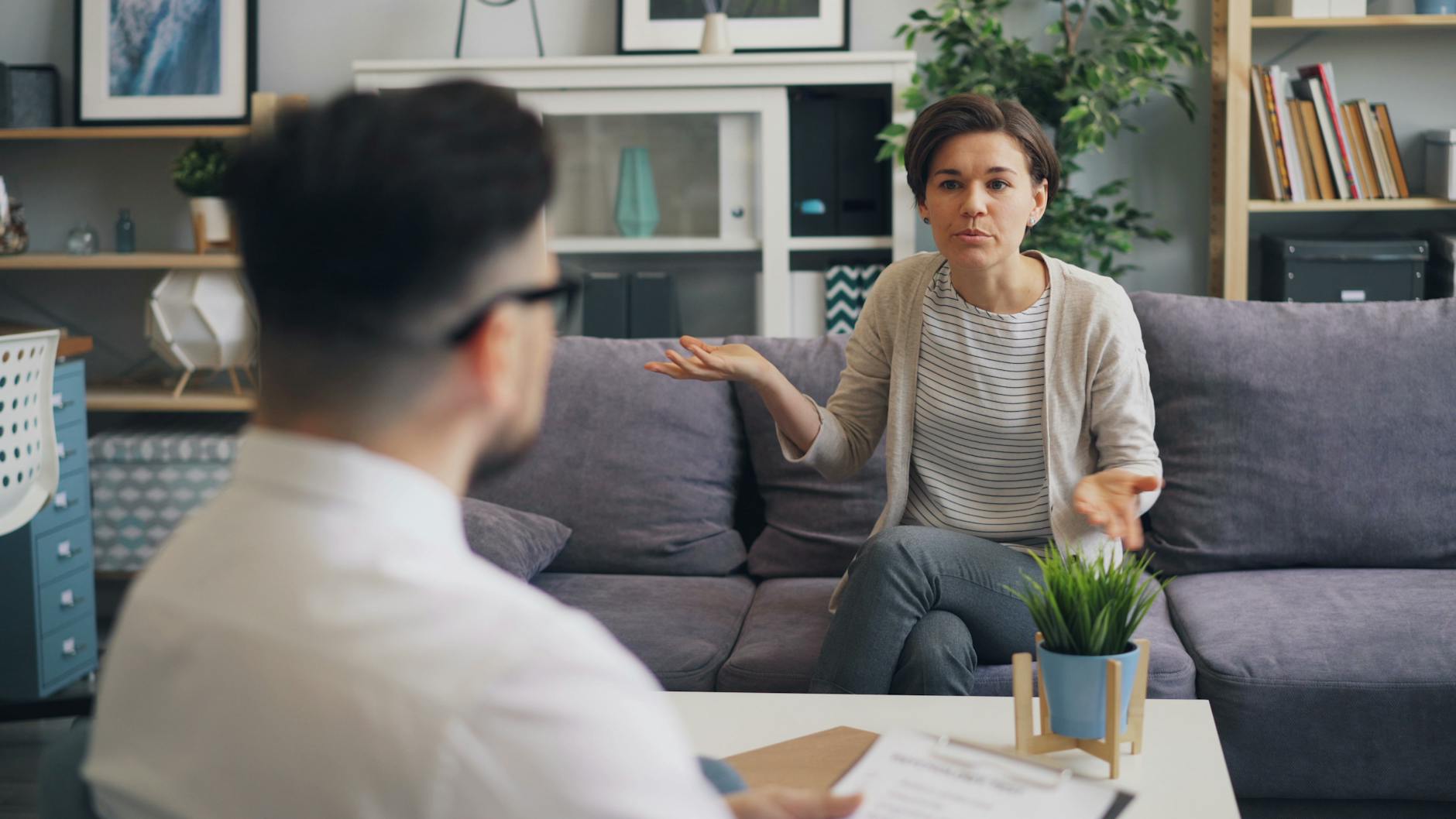Listening plays a pivotal role in fortifying relationships and serves as an expression of attentiveness, empathy, and regard. Nonetheless, authentic listening entails dedicating complete attention and setting aside personal agendas and desires. For numerous individuals, having the opportunity to express themselves without interruptions can feel like a form of liberation.
Active listening is indeed a key component of healthy and effective communication in relationships. It involves not just hearing the words spoken by your partner but also understanding their feelings, needs, and perspectives. Here’s why active listening is crucial for maintaining healthy relationships:
Demonstrates Respect: Active listening shows your partner that you value their thoughts and opinions. It demonstrates respect for their point of view, which is essential for healthy communication.

Builds Trust: When your partner feels heard and understood, it fosters trust in the relationship. Trust is a foundation for intimacy and a healthy connection.

Reduces Misunderstandings: Active listening helps prevent misunderstandings and misinterpretations. It allows both partners to clarify their thoughts and ensure they’re on the same page.

Promotes Empathy: By actively listening, you can better understand your partner’s emotions and experiences. This empathy allows you to provide emotional support and validation.

Resolves Conflicts: Effective communication is vital for conflict resolution. Active listening enables both partners to express their concerns, facilitating the resolution of issues.
Strengthens Emotional Connection: When you actively listen to your partner, it deepens your emotional connection. Feeling heard and understood enhances the bond between you.
Encourages Openness: Active listening encourages open and honest communication. When your partner knows they can speak freely without judgment, they are more likely to share their thoughts and feelings.
To practice active listening in your relationship, consider the following tips:
- Give Your Full Attention: Put away distractions, such as your phone or TV, and focus entirely on your partner.
- Maintain Eye Contact: Eye contact shows that you are engaged and attentive.
- Use Nonverbal Cues: Nodding, smiling, and other nonverbal cues indicate that you’re actively listening.
- Avoid Interrupting: Allow your partner to finish speaking before responding. Interrupting can be frustrating and disrupt the flow of conversation.
- Ask Clarifying Questions: If something is unclear, ask open-ended questions to gain a deeper understanding.
- Reflect and Validate: Repeat back what your partner has said to ensure you’ve understood correctly, and validate their feelings, even if you don’t agree.
- Empathize: Try to put yourself in your partner’s shoes and understand their emotions and perspective.
- Avoid Judgment: Keep an open mind and refrain from making judgmental or critical comments.
- Be Patient: Some conversations may be difficult or emotional. Be patient and provide your partner with the time and space they need to express themselves.
Remember that active listening is a skill that can be developed with practice. By making an effort to actively listen to your partner, you can create a more supportive, understanding, and harmonious relationship.

